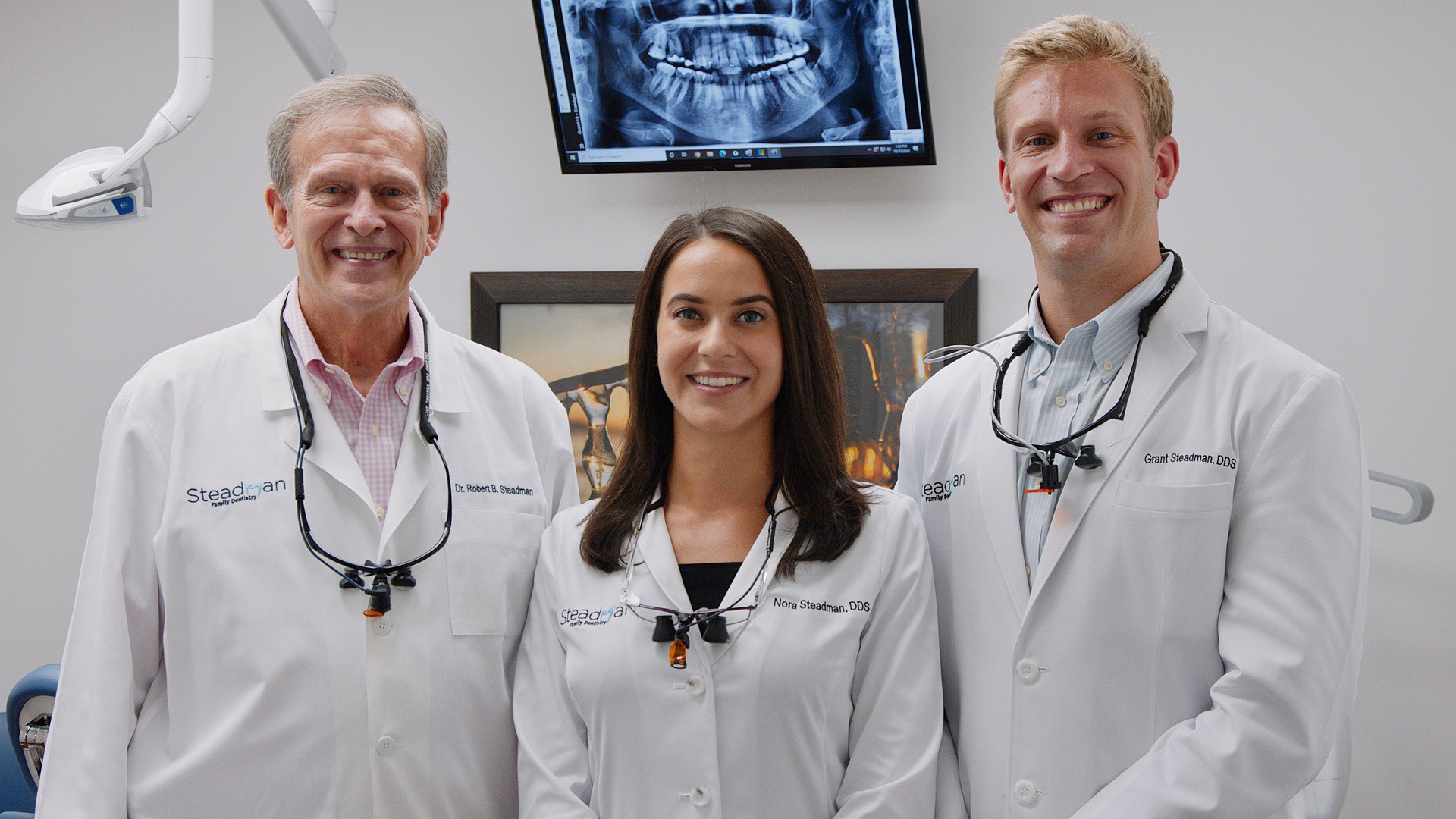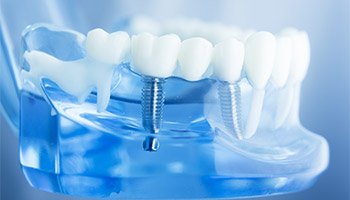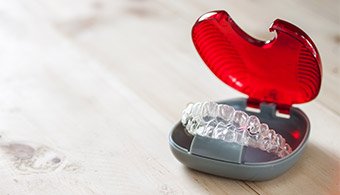Fixed teeth means teeth that stay in place and are not removed daily. This article explains whether dental implants are the best option for people who want permanent tooth replacement. Read on to learn the main options, what implant treatments involve, recovery, costs, and how to decide your best path to fixed teeth.
What “fixed teeth” means
Fixed teeth are restorations that are permanently attached in your mouth. They contrast with removable dentures you take out to clean or sleep in. Fixed options feel more like natural teeth and usually offer better chewing and speech.
Common ways to get fixed teeth include crowns on natural roots, traditional bridges anchored to adjacent teeth, and implant-supported restorations anchored to dental implants.
Fixed teeth give many people a stable, long-term solution compared with removable dentures.
Dental implant options that give you fixed teeth
Single implant with crown
If you are missing one tooth, a single dental implant topped with a crown creates a fixed tooth that looks and functions like the original. This preserves nearby teeth because it doesn’t require altering them as a bridge would.
Implant-supported bridge
When you have two or more missing teeth in a row, two or more implants can support a fixed bridge. This replaces multiple teeth with a single, stable restoration without using healthy adjacent teeth for support.
Fixed full-arch solutions (All-on-4 / fixed denture)
For people missing most or all teeth, implants can support a fixed full arch. Methods like All-on-4 use a few strategically placed implants to hold a permanent prosthesis. Patients get fixed teeth that don’t come out and can restore chewing, speech, and appearance.
Pros of implant-supported fixed teeth include improved stability, stronger chewing, and better bone preservation. Cons include surgical placement, longer healing time while implants fuse to bone, and higher upfront cost compared with removable options.
What to expect: treatment steps, recovery, and what affects cost
Treatment typically follows these steps:
- Consultation and imaging (X-rays or CBCT) to plan implant position.
- Implant placement surgery under local anesthesia or sedation.
- Healing and osseointegration (weeks to months) while the implant bonds with bone.
- Placement of the final fixed restoration (crown, bridge, or full-arch prosthesis).
Recovery timeline: mild swelling and soreness for a few days after surgery, with most patients returning to normal activities in a few days. Full bone integration can take 2–6 months depending on health and location. Aftercare includes gentle cleaning, soft foods at first, and good oral hygiene to protect implants.
Cost and complexity depend on the number of implants needed, whether extractions or bone grafts are required, the type of final prosthesis (single crown vs fixed full-arch), and the clinician’s experience and technology used. These factors also affect treatment length and predictability.
Consider these points when weighing fixed teeth with implants: higher initial cost and longer treatment can lead to a durable, natural-feeling result that often requires less long-term maintenance than removable options.
Making the decision: are dental implants the best choice for fixed teeth?
When implants are likely the best option
Implants are often the best choice for people seeking a long-term solution, who have good oral and general health, sufficient jawbone, and want fixed teeth that feel and function like natural teeth. Implants help preserve bone and avoid wearing down adjacent teeth.
When other options may be better
Removable dentures or bridges may be better if medical issues limit surgery, jawbone is insufficient and grafting isn’t possible, budget is tight, or the patient prefers a non-surgical, reversible option.
If you’re deciding about fixed teeth, a short evaluation can clarify whether implants fit your health, goals, and budget. Our office offers implant consultations to review imaging, treatment options, timelines, and financing so you can choose confidently. Schedule an evaluation to discuss whether dental implants can give you the fixed teeth you want and to learn next steps.




